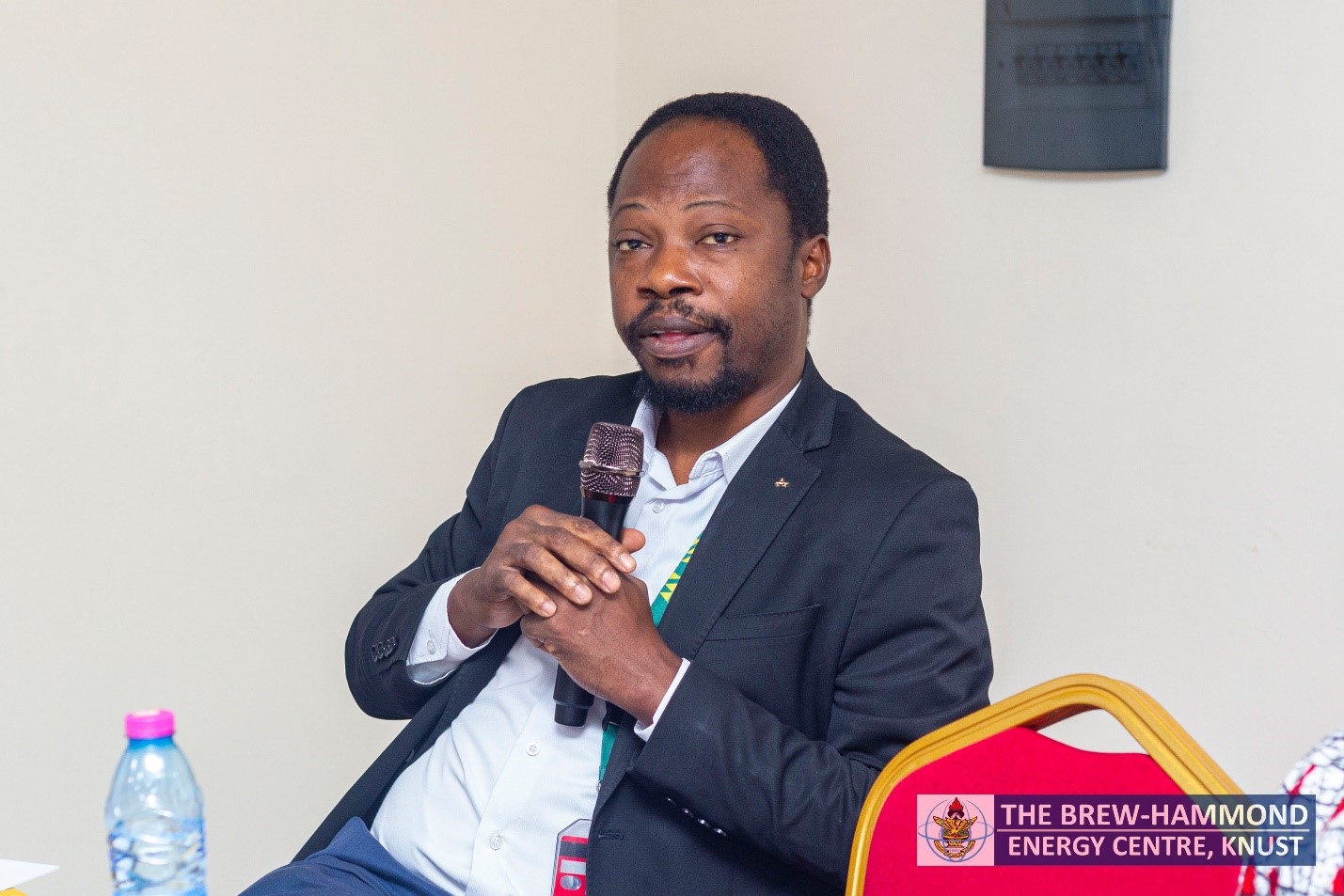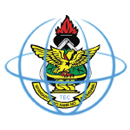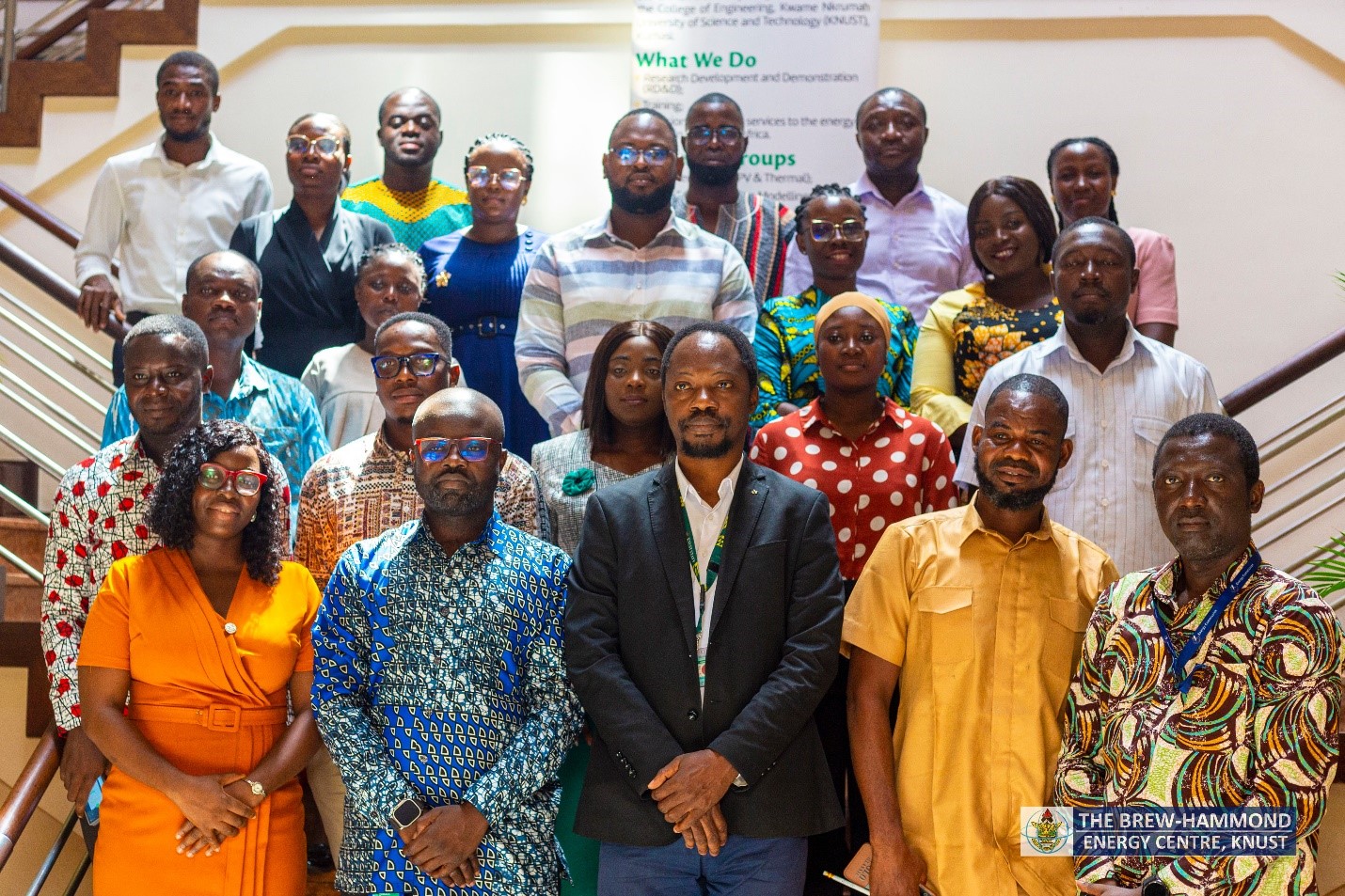The Brew-Hammond Energy Centre at Kwame Nkrumah University of Science and Technology (KNUST) has organised a stakeholder engagement workshop on 11th March 2025 to discuss community participation in solar energy projects. The workshop, held at the Lancaster Hotel, Accra brought together representatives from government agencies and opinion leaders to address the best way solar PV benefits can be equitably shared and distributed to all parties involved.
The research initiative titled ‘Towards a Just Energy Transition – Assessment of Community Participation Models in Renewable Energy Projects in Ghana’ revealed that Communities can maximise benefits from solar projects by offering land as equity, allowing them to earn dividends and participate rather than being beneficiaries.

Professor David Ato Quansah, Director of the Brew-Hammond Energy Centre, emphasised the need for a just energy transition that empowers communities to actively participate in renewable energy businesses. He noted that rather than being passive recipients of corporate social responsibility initiatives, communities should explore opportunities to become stakeholders in the businesses operating in their areas.
The research revealed that communities can maximise their gains from solar energy projects by offering land as equity. This model allows them to become active participants in the business and earn dividends, rather than being passive beneficiaries of energy projects. By leveraging land ownership in negotiations with developers, communities can secure a more significant stake in solar initiatives.
However, adopting this approach requires communities to make a crucial decision between long-term economic benefits and immediate financial relief. While equity participation can provide sustainable income, some communities may prefer direct financial compensation due to pressing financial needs. This trade-off is a significant factor in determining the feasibility of the model.
Despite its potential advantages, some developers expressed concerns about the feasibility of community-owned equity participation. They noted that it could complicate decision-making processes and dilute investor control, which will make projects more challenging to manage. They called for addressing such concerns, emphasising that they are essential in designing equitable and practical participation models.
The findings from this research are expected to inform policies that ensure equitable participation of communities in Ghana’s energy transition efforts.
The project had funding from the U.K Foreign, Commonwealth, and Development Office (FCDO) through the Climate Compatible Growth (CCG) Initiative. This was done in partnership with University College London (UCL) and the Institute for Sustainable Resources.

